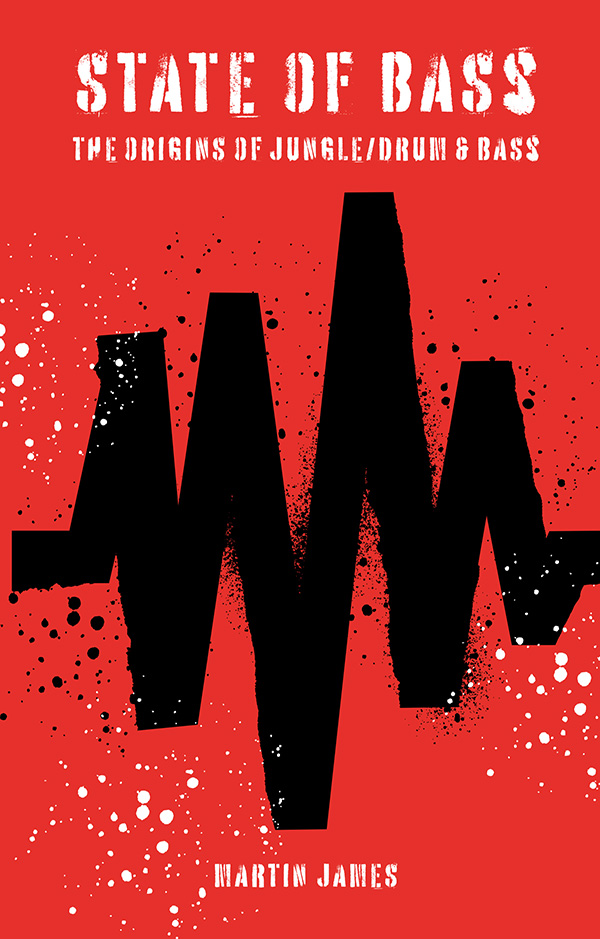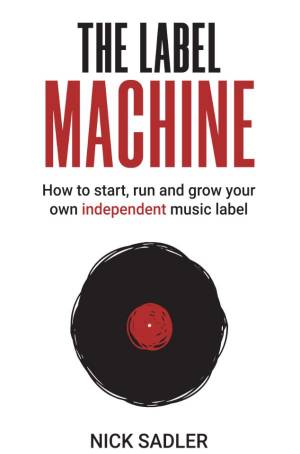Description
As government legislation, standardised music and bad drugs forced the euphoria of the rave phenomenon into the darkness, a new underground movement emerged – the jungle and drum & bass nexus.
It was the sound of the beating heart of Britain’s multi-cultural urban rave, produced by the children of the Windrush and their closest friends, and distilled via the journey from a Tivoli Gardens soundclash, to the UK’s inner city blues parties and onto jazz-funk all-dayers and soul weekenders.
It was a space that was forged in the hidden edges of urban warehouses and the darkened recesses of clubland’s backrooms; schooled in the swagger of dancehall, the thunder of hardcore, the fury of bebop and the depth charge of dub.
Jungle and drum & bass were like nothing else the world had experienced before – simultaneously black and white, urban and suburban, old skool attitude and new school innovation. A socio-cultural melting pot of early-90s broken Britain seizing the wheel and taking control of the machine.
Originally published in 1997, State of Bass explores the scene’s roots through its social, cultural and musical antecedents and on to its emergence via the debate that surrounded the apparent split between jungle and drum & bass. Drawing on interviews with some of the key figures in the early years State of Bass explores the sonic shifts and splinters of new variants, styles and subgenres as it charts the journey from the early days as the deliberately hidden underground, ignored by the media in favour of the post-rave progressive house scene, to its position as a global phenomenon.
State of Bass: The Origins of Jungle and Drum & Bass extends the original text to include the award of the Mercury Prize to Roni Size & Reprazent for the groundbreaking New Forms album and brings new perspectives to the story of the UK’s most important subterranean urban energy.
Quotes
“Cogent, well researched and hardly oblivious to the nutty charisma of jungle’s lexicon and nomenclature. The first serious attempt to document the drum & bass realm is a total success.”
Select
“Exceedingly well researched, endlessly authoritative and undeniably ace…”
Melody Maker
“(State of Bass) deserves a special mention. A thorough account of the story of jungle.”
Ben Osborne, author of The A-Z of Club Culture
“The best book so far on the evolution of drum & bass”
Sheryl Garratt, author of Adventures in Wonderland: a decade of club culture
“Martin James comes up trumps with an in-depth examination of Jungle’s roots, history and even a recommended listening guide.”
Muzik
“Essential reading for anyone who is interested not only in the jungle scene… but in dance in general, in the music industry as a whole or even British society and its infrastructures.”
DJ
“An acutely perceptive and thought-provoking account of the circumstances and celebrities surrounding the development of a modern music that we can finally call our own.”
The Scotsman
“Well worth rattling through if you can track it down.”
FACT








Joel Pearson (verified owner) –
The minute I heard this updated version was being published I jumped on the pre-order, such was my excitement. Unfortunately, it didn’t completely live up to my expectations and has left me feeling somewhat ambivalent. The content and themes are solid, however the book’s structure of focusing on a style/subgenre per chapter means following a chronological timeline becomes nigh on impossible, with James zigzagging back and forth between dates. James presents some great anecdotes and is at times insightful, but the lack of inline citations or footnotes is a real let-down. He’s done a decent job of addressing issues of class and race, however the topic of gender gets only the smallest of mentions. The book’s strengths are in highlighting quality music and remembering the formative labels, club nights and artists of the scene. The recommend listening lists are excellent, and anyone with even a passing interest in jungle/drum & bass is sure to discover some quality tunes. Unfortunately there are a number of typos throughout and the typesetting could have been better. Despite these minor shortcomings, this book is essential reading for junglists everywhere and makes for a good companion to Brian Belle-Fortune’s All Crews.